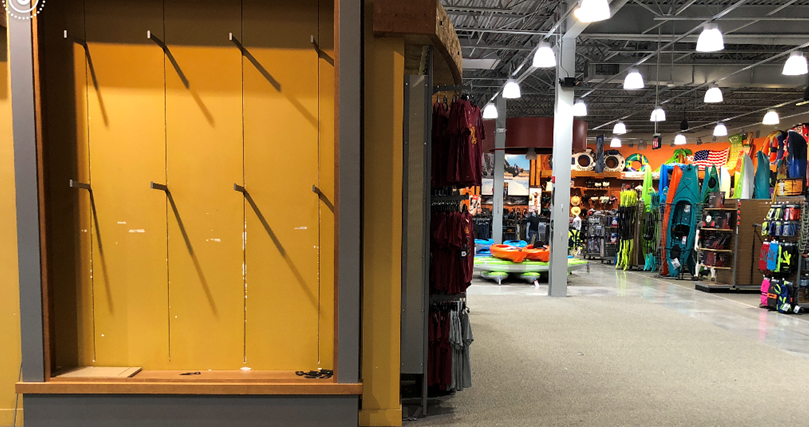Delay and Inflation

In today’s business environment we can be certain of only a few things. Products will be out of stock and backordered, prices will increase, and special orders now take longer than they used to. The last several years have made a drastic impact on what we should expect to get for a certain price and how long we should have to wait. Many of these logistical problems can be analyzed and we can try to adapt the best we can but ultimately, we must understand that times have changed.
Product Availability
There are several factors that have contributed to the supply shortage seen across multiple industries for the last several years. The COVID-19 shutdown, issues overseas, and labor shortages are just a few examples of what has caused the problem. Businesses have adapted the best they can, but when demand exceeds supply, people have to wait longer to get things they desire. This can be seen at the grocery store, at any retail store, and in the commercial and factory parts industries. Most companies have attempted to increase production, but factories are limited and so is the trained labor force. To make matters worse, if a company does find a way to increase production the transportation industry is struggling to get product delivered. There are cargo ships in line at major ports to be unloaded and once they are taken off the ship companies are struggling to get the product distributed across the country. This has only compounded the problem of port congestion. All of this has led to products that we are used to seeing being in stock all the time being back ordered and having wait lists to get.
Prices
Higher prices, also called inflation, has hit all of us hard the last year. The cost of living our daily lives have increased drastically and this can be noticed at the grocery store, when paying utility bills, and at the gas pump. This has decreased our budgeted income to spend on luxuries like clothing, entertainment, and travel. To add insult to injury, when we do come up with a bit of cash the unnecessary purchases we like to make also increased noticeably in price. A new pair of shoes, a plane ticket, a nice meal out, toys, have all become expensive. The fact that we must look hard to find an item in stock or wait on a backordered item, added to the rising cost of everything, has lowered our consumer confidence and takes away from the enjoyment of a big purchase. It is frustrating to have to wait and feel like we overpaid, but unfortunately there is nothing we can do. Companies are raising prices because they have to and ultimately, as consumers, there is very little we can do about it. We can choose not to buy the product or seek out other options. Complaining about it might make us feel a bit better, but will do nothing. Hopefully the supply issues will get corrected over time and inflation will slow as a result.
Buy Now or Wait?
There are two ways we can deal with the supply shortage. We can make a purchase and patiently wait until it arrives, or we can save our money and wait it until the product will be available again. There are benefits to both approaches, but there are also downsides. If we decide to order a product, we might be stuck waiting months for it to arrive. Most companies will require payment upfront, and this leads us to being out the money and having nothing to show for it at the present time. The upside to purchasing now is our price will be locked in. If we choose to wait for the product to be in stock, the price could go up. The way inflation has been recently we should come to expect the price to increase. The decision comes down to how patient we are willing to be and how much having the cash on hand matters. This is a personal decision based on an individual’s financial position and how badly they want something. If you know you want it and have the money it is best to pay now and wait. However, if inflation does not matter to you and you think you can get a higher reward on your cash by investing it elsewhere and paying a higher price later for an item, simply take that approach. Just do not be surprised when you $100 item costs you $130 eight months later.
No single individual can alter the economy. It takes the efforts of multiple people, multiple businesses, and a long time to enact the smallest change. All we can do is cope with the times the best we can. So, next time we get sticker shock or think we overpaid remember that everyone dislikes inflation and supply shortages and try to be patient and understanding. Getting upset over the current economic climate only creates frustration and achieves nothing.














































